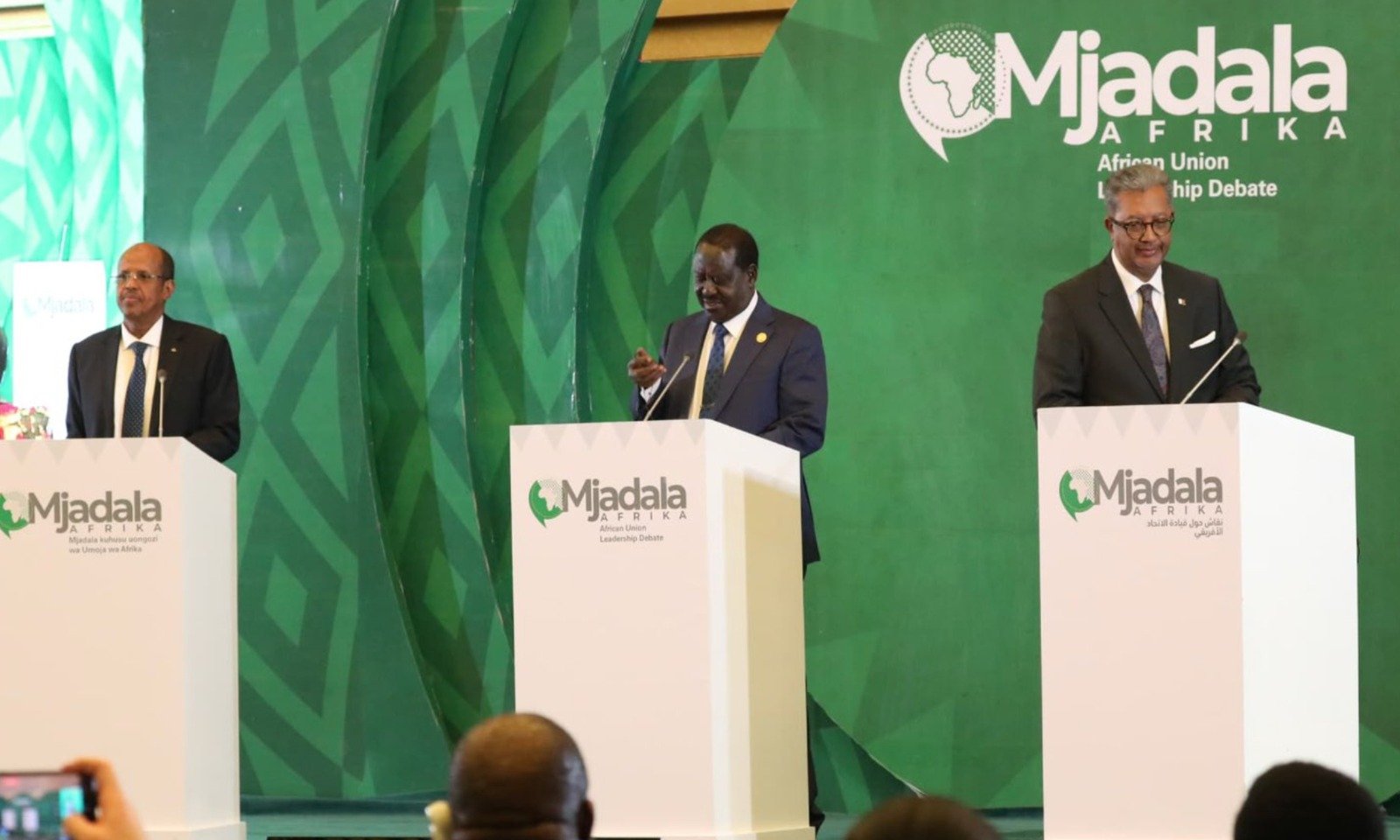
Power shift at the AU as diplomatic chess game begins
The African Union Commission (AUC) is preparing for a major leadership transition as elections for its top positions take place on 15-16th February 2025.
This structured process follows strict regional, gender and merit-based principles to ensure balanced representation across Africa.
The AUC comprises a Chairperson, a Deputy Chairperson and six Commissioners who oversee various portfolios.
While the Assembly of Heads of State and Government elects the Chairperson and Deputy Chairperson, the Executive Council, made up of ministers from AU member states, elects the six Commissioners.
Each position carries a four-year term, renewable once.
This year’s election follows the AU’s established rotation system, which ensures equitable regional representation.
Consequently, the Eastern region nominated candidates for the Chairperson’s position, while the Northern region put forward nominees for the Deputy Chairperson role.
Meanwhile, the Central, Southern and Western regions will compete for the six Commissioner positions.
To maintain transparency and fairness, the AUC elections follow a structured, multi-round voting process.
A candidate must secure a two-thirds majority to win.
If no candidate reaches this threshold in the first round, additional rounds take place.
However, after three unsuccessful rounds, the candidate with the fewest votes is eliminated.
If only two candidates remain and neither attains the required majority, the lowest-scoring candidate is dropped, leaving one finalist.
If the final candidate still fails to secure the necessary votes, the election is suspended.
Since 2021, the AU has introduced reforms to enhance transparency and merit-based selection.
As a result, the process now mandates regional balance, gender parity and accountability.
Furthermore, countries are required to nominate both male and female candidates to ensure fair representation.
Kenya’s Raila Odinga in the Race for AUC Chairperson
As part of this structured process, Kenya has fielded a candidate for the AUC Chairperson position.
Former Prime Minister Raila Odinga will face off against Mahmoud Ali Youssouf of Djibouti and Madagascar’s Richard Randriamandrato.
In preparation for the elections, the three candidates participated in a highly anticipated televised debate on December 13, 2024.
During the debate, they outlined their vision for Africa’s transformation, emphasizing their plans to implement the AU Mandate and Africa’s Agenda 2063.
While each candidate highlighted their strategies to strengthen continental unity, they also addressed critical issues such as economic growth, security and governance.
However, securing the AUC Chairperson seat is no easy task.
The winning candidate must gain the support of at least two-thirds of the 55 voting AU member states, equivalent to 33 votes.
With diplomatic lobbying intensifying, the February elections in Addis Ababa are expected to be a defining moment for Africa’s future leadership.
Ultimately, the decisions made during this transition will shape the AU’s ability to address political, economic and security challenges over the next four years.
Therefore, the outcome will not only determine the next AUC Chairperson but also influence the direction of Africa’s continental agenda for years to come.
